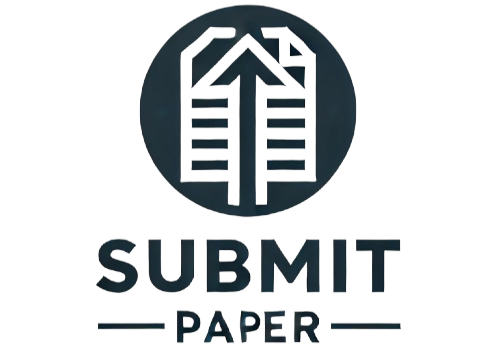THE EFFECT OF GLASS POWDER WASTE AS A SUBSTITUTE MATERIAL FOR BINDER ON THE VALUE OF COMPRESSIVE STRENGTH AT 28 DAYS AND FLOWABILITY IN SELF COMPACTING CONCRETE (SCC).
Abstract
By using glass powder instead of cement, glass waste will become a new alternative for the construction industry and a solution to the problem of excess waste. Since glass is resistant to weather and chemical substances that resemble cement or can bond, glass waste can be used as a concrete filler. In this study, a quantitative method was used, with 12 samples having variations of 0%, 5%, 10%, and 15%. The variables measured were the compressive strength of concrete at 28 days of age and smoothness, while the controlled variable was the use of glass powder as a substitute for binder. In this study, variations of glass powder replacement of 0%, 5%, 10%, and 15% of the binder weight were used. The results showed that 0% (617mm)c, 5% (620mm), 10% (628mm) and 15% (644mm) had an influence on the slump flow of fresh concrete. The results of testing the compressive strength of 28-day-old concrete obtained consecutive results of 41.86 Mpa, 48.55 Mpa, 38.84 Mpa, and 35.64 Mpa. The results show that 5% replacement has a higher compressive strength. In addition, the use of glass powder as a substitute increases the flow velocity of SCC concrete proportionally with the percentage of replacement. However, other factors should be considered.
Keywords
Full Text:
PDFDOI: https://doi.org/10.52447/jkts.v9i1.7454
Refbacks
- There are currently no refbacks.
Copyright Pusat Penelitian Fakultas Teknik
Universitas 17 Agustus 1945 Jakarta






